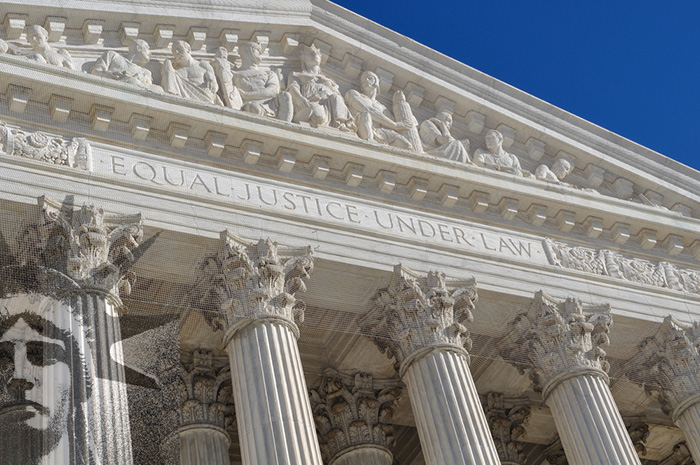Case hinges on public forum status, viewpoint discrimination, and improper government enforcement.
In a June 3, 2025 ruling, a federal judge declined to dismiss the core constitutional claims brought by five individuals who say they were ejected or barred from the 2023 Franklin Pride festival for expressing their religious beliefs. Judge Waverly D. Crenshaw Jr. denied summary judgment to the City of Franklin, Tennessee, on several First Amendment grounds, allowing the plaintiffs’ lawsuits to move forward.
The plaintiffs—Joseph Cocchini, Brian Russell, Marvin Young, Jeremy Slayden, and Timothy Brown—claim their rights to free speech and assembly were violated at the city-permitted event. Cocchini was arrested after refusing to leave, while Brown was denied entry at the gate. Others were removed or left under threat of arrest. All say they were targeted for engaging in religious speech, such as handing out literature, praying, or challenging the theology of LGBTQ-affirming churches present at the event.
The lawsuits name both the City and Officer Kevin Spry, who arrested Cocchini. The court consolidated the cases and reviewed multiple cross-motions for summary judgment, ultimately rejecting the City’s argument that the festival, held in a public park, was akin to private speech with exclusion rights. Although Franklin Pride had secured a full-park permit and set entry rules, the court emphasized that public parks remain traditional public forums for speech.
The City had argued that the plaintiffs’ actions amounted to “fighting words” or improperly attempted to co-opt the festival’s message, analogizing to Supreme Court rulings like Hurley v. Irish-American Gay, Lesbian & Bisexual Group of Boston. But Judge Crenshaw ruled that the plaintiffs’ activities—asking questions, passing out literature, wearing T-shirts with religious messages, and praying—were protected speech under the First Amendment.
The court also rejected the City’s claim that the plaintiffs disrupted the event or engaged in unprotected conduct. Notably, police officers testified they were instructed to remove individuals at the request of Franklin Pride organizers, even without cause, so long as they did not resist.
While the judge did grant the City partial summary judgment on other procedural matters—including denial of the plaintiffs’ motion to strike affidavits—the constitutional claims concerning religious viewpoint discrimination and assembly will proceed. The ruling underscores that municipalities cannot delegate exclusionary power over public spaces to private event organizers in a way that targets disfavored speech.
A trial date has not yet been scheduled. The City of Franklin may appeal the partial denial or seek to settle. In the meantime, litigation over the limits of government-permitted event control in public spaces continues to draw national attention.
Analysis:
This case sits at the crossroads of public forum doctrine and viewpoint discrimination—two powerful concepts in First Amendment law. The plaintiffs’ claim boils down to this: even if Franklin Pride had a permit to use a city park, it couldn’t use city police to silence speech it didn’t like—especially when that speech came from religious opponents. And the judge agreed.
The City tried to argue that this wasn’t censorship—it was just enforcing the event organizer’s “right” to control the message. But that rationale has limits. When the government opens up a park—even under a special event permit—it can’t hand over the public microphone to a private group and tell everyone else to be quiet. Once public property is in play, the Constitution follows.
The court also rejected the idea that the plaintiffs’ speech was so offensive it lost protection. “Fighting words” is a very narrow exception in First Amendment law. Courts have repeatedly said that hurt feelings, offense, or even confrontation doesn’t justify police removal unless there’s an imminent threat of violence. No such threat existed here.
The key point: public parks don’t become private spaces just because the city gives a group a permit. That group doesn’t get to act like a bouncer at a nightclub, especially when using government power to exclude unpopular religious speech. That’s the lesson of this ruling—and it’s why the lawsuits are headed to trial.
Holding: A federal court denied summary judgment to the city and allowed First Amendment free speech and assembly claims to proceed where religious speakers were ejected or barred from a city-permitted public park pride festival.
